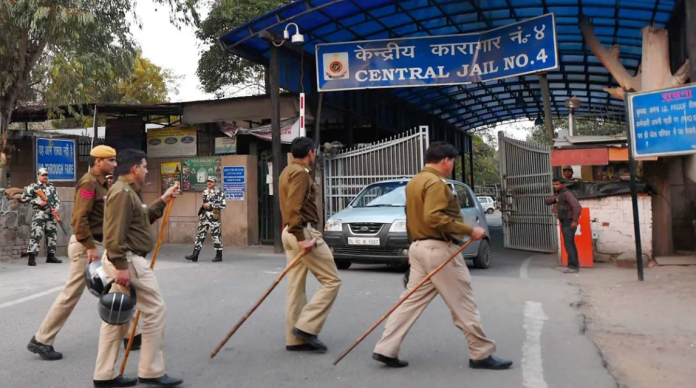Delhi Chief Minister Rekha Gupta has announced plans to relocate Tihar Jail, one of India’s largest and most overcrowded prison complexes, to the outskirts of the city. As part of the 2025–26 budget, ₹10 crore has been allocated for survey and consultancy work to facilitate this relocation. The initiative aims to decongest the current facility and improve prisoner welfare by shifting the jail to a more secure and spacious location.
History of Tihar Jail
Tihar Jail was established in 1958 in Tihar village, near Delhi, to accommodate prisoners from the region due to the limited capacity of older jails. Initially, it operated under Punjab’s administration until Delhi became a Union Territory in 1956. Over the years, it expanded into a high-security prison complex housing multiple jails, including facilities for undertrials and convicted prisoners.
Challenges Leading to Relocation
Designed to house around 10,025 inmates, Tihar Jail currently holds more than 19,000 prisoners, leading to severe overcrowding, security issues, and increased operational difficulties. The proximity of the jail to residential areas has also raised safety concerns. In addition, reports of organized crime activities within the jail, frequent clashes among inmates, and corruption allegations have further intensified the need for a well-structured relocation plan.
Future Plans and Relocation Strategy
To tackle these challenges, the Delhi government has proposed shifting Tihar Jail to locations such as Narela or Baprola, where a larger and more modern prison complex can be built. The ₹10 crore budget allocation will be used for surveys and consultancy services to evaluate the feasibility of this move.
Furthermore, the government is planning to establish a new society under the aegis of Delhi Prisons, focusing on the reformation and rehabilitation of inmates. This initiative aims to introduce skill development programs, vocational training, and psychological counseling to help prisoners reintegrate into society upon release.
A Step Towards Prison Reform
The proposed relocation of Tihar Jail is not just about decongestion but also about ensuring better security, improved living conditions for inmates, and a more effective prison administration. If executed successfully, this move could serve as a model for prison reform in India, focusing on rehabilitation rather than just confinement.
With the Delhi government taking proactive steps, the relocation of Tihar Jail marks a significant development in the city’s law enforcement and correctional system, paving the way for a more structured and humane approach to prisoner management.

